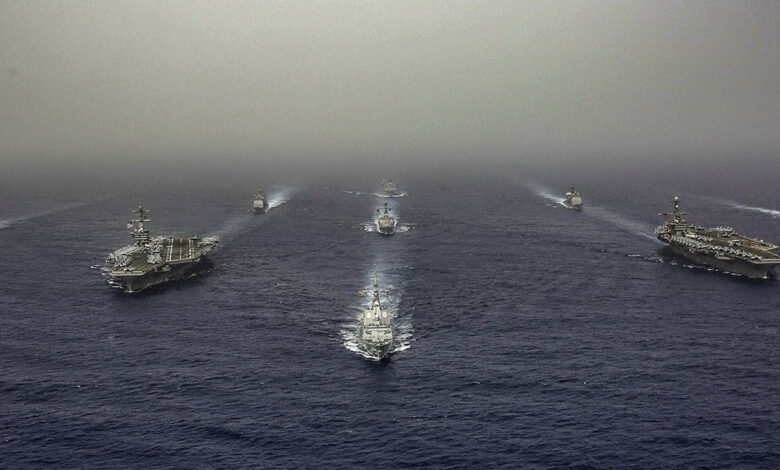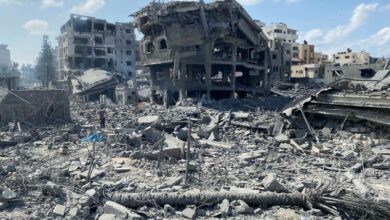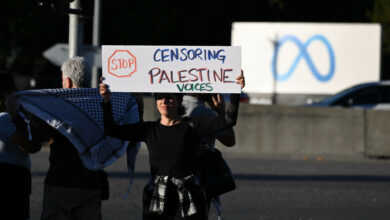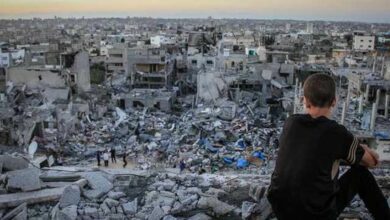
The earth is shaky in the East Mediterranean due to high earthquake propensity in Turkey and so is regional stability. The East Mediterranean is the Western bank of the Middle East (ME), and due to this geographic reality, it tends to import the disputes of the ME and add them to its own.
When some European Union (EU) members like France decided to play a role in the Syrian conflict back in 2011, they failed to see this obvious geographic fact, or probably they underestimated the degree of interconnectedness it can create between the southern shores of Europe and the Middle East just as they may have underestimated the repercussions of the war.
Almost, every country in the East Mediterranean has land or border disputes with another. The Israeli Arab conflicts, the Syrian civil war, the Greek financial collapse in 2015, the refugee crisis, the Turkey-Greece border disputes, and the Libyan civil war have all made the news during the last decade and they have all taken place in the East Mediterranean.
The region, together with the central Mediterranean, has also attracted superpower competition especially with the outbreak of the Ukraine war. Russia has a naval facility in Tartous, Syria, besides its military presence in the country. In Libya, Russia’s Wagner is taking part in the civil war on the side of the military commander Khalifa Hafter. The Crete Naval Base is NATO’s largest in the East Mediterranean. Both Russia and the U.S. have reinforced their presence in these two bases since the 2022 spring.
Tension in the Mediterranean threatens world trade, 30 % of which pass through the Mediterranean Sea. World energy security can also be affected by this tension as 65 % of EU energy supplies, for example, travel through the Mediterranean. This importance of the Mediterranean Sea is luring world powers to reinforce their military presence so as to use it as a means of pressure and influence.
Tension in the Arabian Gulf also has its impact in the East Mediterranean. On Saturday, the U.S. navy announced the deployment of a guided missile submarine to the Middle East amid expectations in the U.S. and Israel of an Iranian retaliation against Israel’s assassination of two members of Iran’s Revolutionary Guard in Syria.
The Arab countries in the Gulf and the East Mediterranean regions have done their part in the task of appeasing tension. With the recent accords between Iran and its Saudi neighbours under Chinese mediation, the Arabs have little motivation for war in a period of rapprochement with the Chinese.
Due to this de-escalation between the Arabs and the Iranians, Syria is reintegrating the MENA region, though it is still stuck in non-Arab rivalries. Tunisia has announced it is restoring diplomatic relations with Syria. The Saudis have announced they are inviting Syria to the Arab leaders Summit. Syria’s foreign minister Faisal Al Meqdad has recently stopped in Cairo to talk with his Egyptian counterpart Sameh Chokri. In Damascus, President Bashar Al Assad has received key Arab figures, among whom we can list the Emirati foreign minister Sheikh Abdullah bin Zayed Al Nahyan. Al Assad has made trips to Oman and the United Arab Emirates (UAE) after the two Arab countries and others sent Syria much aid in the aftermath of the February deadly earthquakes that hit the country together with Turkey.
But the Israelis and the Iranians are preparing for further escalation. Israel continues to launch attacks in Syria on Iranian targets, according to Israeli officials. Iran continues to retaliate via armed groups in the besieged Gaza strip and Lebanon. But these are usual skirmishes as Hamas, Hizbollah, and Israel have recently they told mediators they do not want escalation.
The real risk lies in a possible direct confrontation between Iran, on the one hand, and Israel and the U.S. on the other. Militarization, however, makes peace sometimes. Iran can do much harm to trade and military ships in the Persian Gulf. It can also cause much harm to the oil and energy markets. It is therefore likely that tension between it and Israel will remain mere tension.
In case direct war breaks out between Israel and Iran, some East Mediterranean countries like Syria and Turkey will not be able to avoid the devastating repercussions. Turkey, with 534 kilometres of borders with Iran, will have to carry some human burden. Syria, with strong military, political, and economic ties with Tehran, is already suffering from recurrent Israeli raids and Western sanctions.




